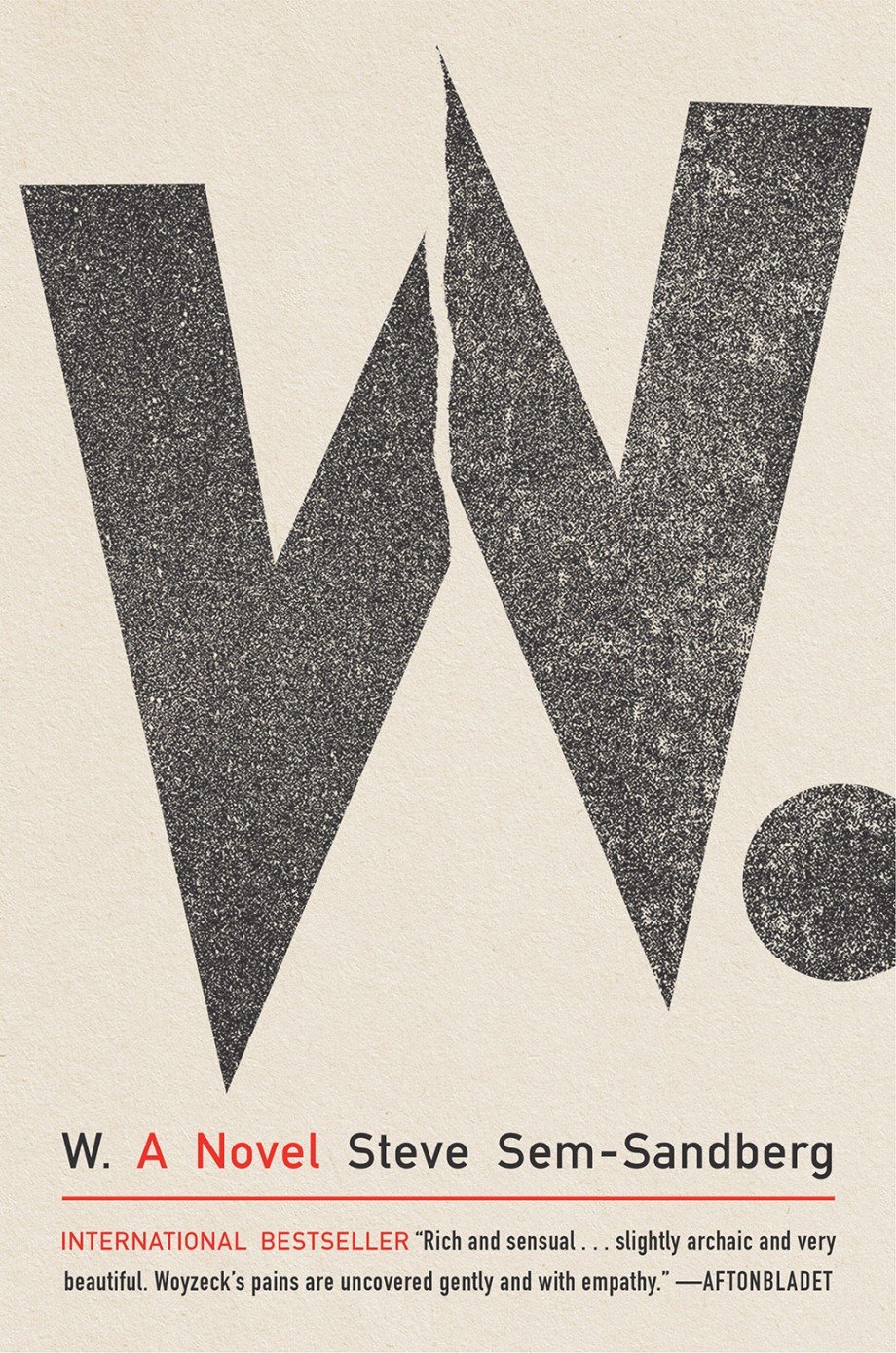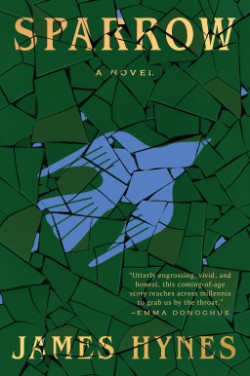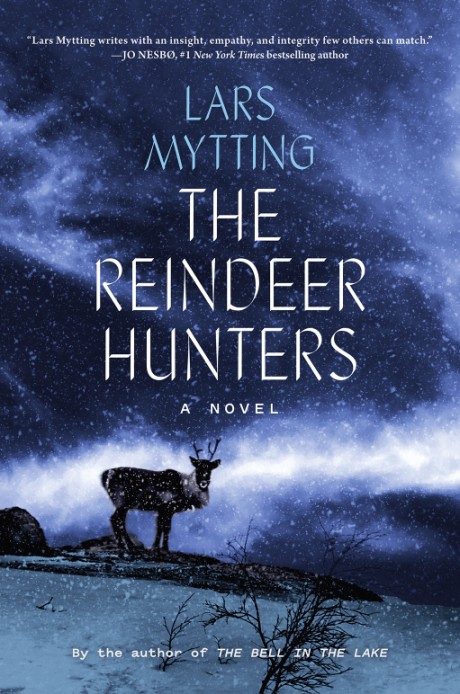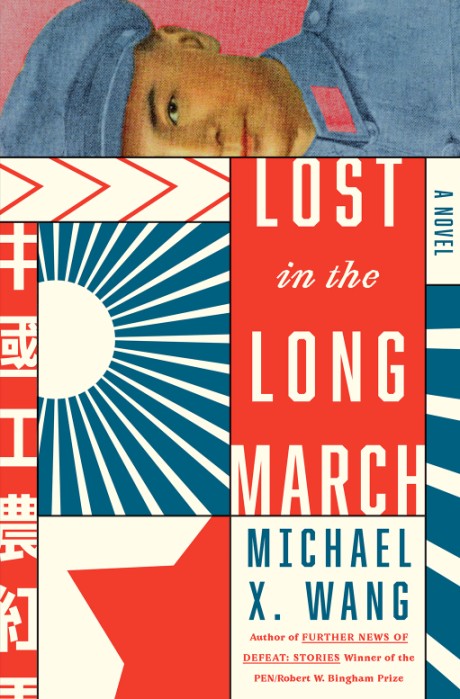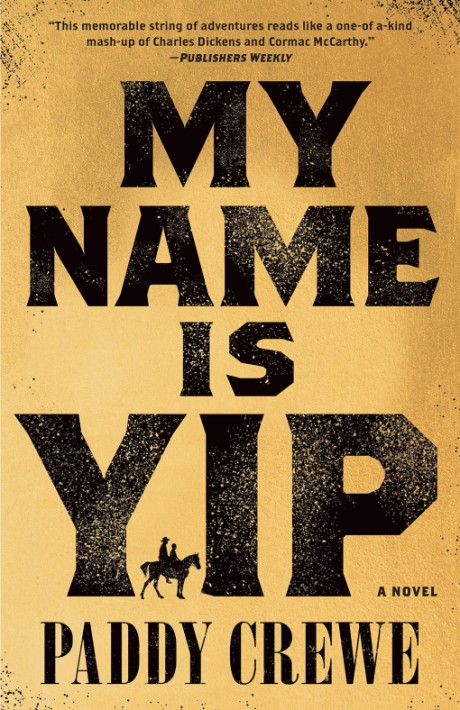In this internationally acclaimed novel, Steve Sem-Sandberg brilliantly refracts the story of Georg Büchner’s groundbreaking play Woyzeck through a new lens.
W., the astonishing novel by August Prize–winning author Steve Sem-Sandberg, is a literary reimagining of one of modern literature’s touchstone texts, the play Woyzeck. Considered the first modern drama, Woyzeck tells the story of a loyal soldier and survivor of the Napoleonic Wars who, in a fit of jealous rage, kills the woman he loves. In 1836 this true story inspired Georg Büchner to write the play, unfinished at his death at just 23 years old.
W. grippingly recounts the lovers’ relationship, the murder case, and the soldier’s execution. The story unfolds as the soldier W. struggles to recount the events of his life. He grasps at understanding and experiences feelings of time and timelessness. He finds patterns and repetitions, but these are of no interest to those determining his fate.
Sem-Sandberg searched court archives to bring new light to this story, and he masterfully sustains a rich period atmosphere through poetic and controlled prose, down to the choice of pronouns as the soldier is held at a cold distance in court proceedings when addressed with the formal, capitalized “You.”
Against a landscape devastated by inhumanity and greed that yet manages to sustain hope, Steve Sem-Sandberg’s W. tells a ruthless, moving, and utterly relevant story as the soldier W. desperately and humanly fights to make something of the life given to him.
“Cogent and affecting . . . In Mr. Sem-Sandberg’s fine novel, the tragedy is real but much more specific and conditional. It gives us, the readers, just enough of a loophole to evade its reckonings.” —Wall Street Journal
Praise
Svenska Dagbladet“It’s the collaboration and tension between the reader and Woyzeck, rather than the attempts to find more profound motives, that makes this reading experience so strong.”
—
Dagens Nyheter“A sharp and hypersensitive novel about abandonment and violence. It’s a fantastic, spellbinding, and terrifying book.”
—
(on The Emperor of Lies), Hilary Mantel“This is fiction of true moral force, brilliantly sustained and achieved.”
—
“Cogent and affecting . . . In Mr. Sem-Sandberg’s fine novel, the tragedy is real but much more specific and conditional. It gives us, the readers, just enough of a loophole to evade its reckonings.”Wall Street Journal
—



